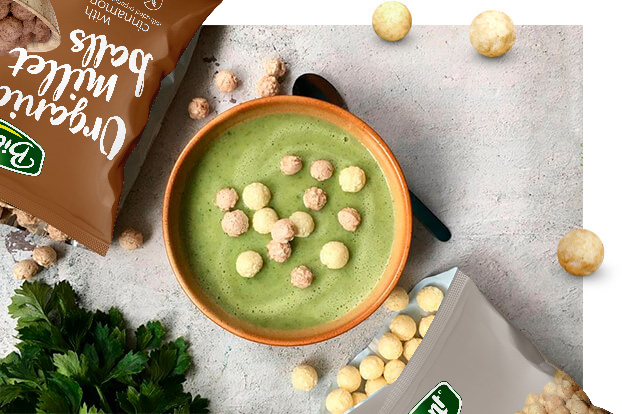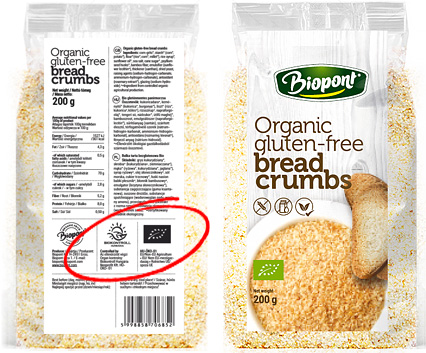
What does organic mean?
Consumption of organic products is becoming more and more popular, so we have gathered the most important information about what qualifies food as organic.
What does organic exactly mean?
Organic food is produced without using fertilizers, synthetic or toxic materials. Nutrient replenishment is only provided with materials of organic origin (e.g. compost, manure).
The production of organic products achieves lower yields than traditional cultivation (with chemicals and fertilizers) at a higher cost and organic food is therefore more expensive. Nonetheless the price difference is offset by higher quality and healthier consumption of these products.
What do we mean by organic food?
Organic food contains ingredients from controlled organic farming at least 95%. There are strict conditions for the remaining 5%, since it can only be an ingredient that can not be replaced by organic raw materials (e.g. salt). The use of these ingredients is subject to authorization.
The production, process, storage and transport of organic food comply with strict domestic and European Union legislation and regulations. The inspection and certification are performed in Hungary by Biokontroll Hungária Nonprofit Kft. or Bio Garancia Kft.

Why choose organic food?
In addition, purchasing organic food promotes sustainable agriculture and environmental protection.

Bio, Biological and organic food - what's the difference?
The words organic, biological, eco and organic all denote products from organic farming, so there is no difference between their meanings. At the same time, just because we come across one of these designations in the product or brand name does not mean that it is truly organic food. These designations are very popular, however, it may happen that only a few organic ingredients are found in the given product, so we can only be sure that it is really an organic food if the product has an official trademark confirming compliance with strict regulations.

How can you make sure that a product is truly organic?

